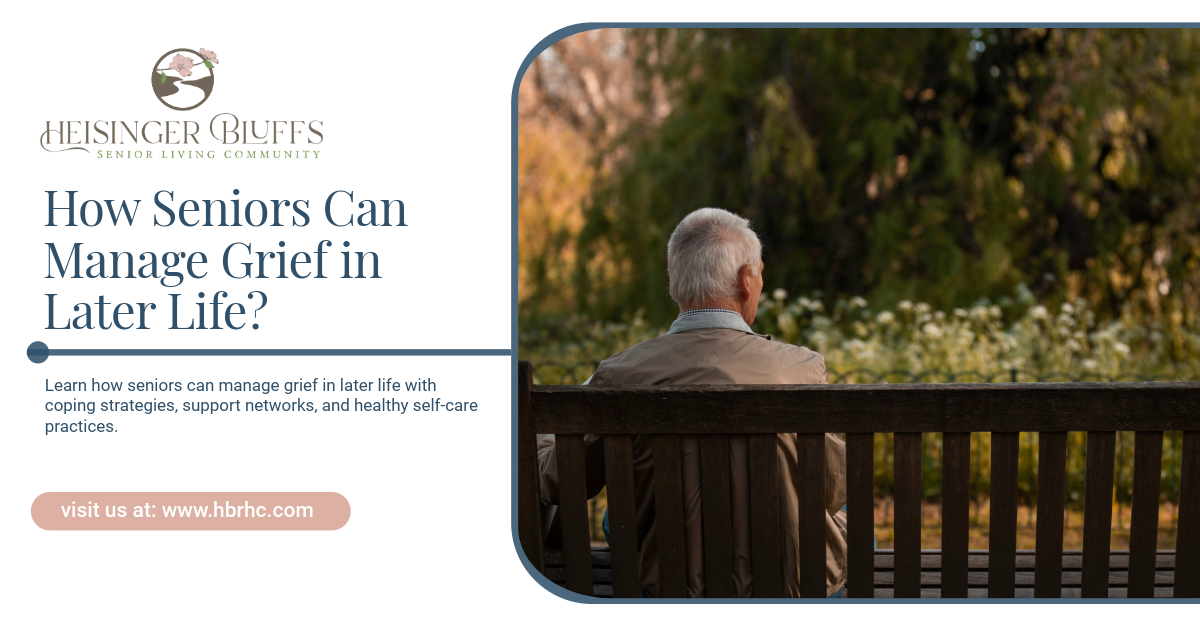Benefits of Respite Care in Nursing Homes for Caregivers

Caring for a loved one is a rewarding yet demanding responsibility. Family caregivers often find themselves juggling their caregiving duties with personal, professional, and emotional challenges. Respite care in nursing homes offers a temporary solution, providing quality care for seniors while caregivers take a much-needed break.
In this blog, we’ll explore the advantages of respite care, how it supports caregivers, and why nursing homes are ideal for short-term stays.
What Is Respite Care?
Respite care refers to temporary care provided to seniors, allowing their primary caregivers to step away for a few days or weeks. Nursing homes and senior living communities often offer this service, ensuring that seniors receive professional care in a safe and supportive environment.
Respite care can involve:
- Short stays in nursing homes
- Day programs for seniors
- Emergency or planned arrangements
For families navigating the complexities of caregiving, respite care can be a lifeline.
How Respite Care Supports Family Caregivers
Caring for a loved one can be physically and emotionally taxing, leading to burnout if caregivers don’t take time for themselves. Respite care helps in several ways:
1. Time to Recharge
Taking a break allows caregivers to rest, travel, or focus on their own health. This ensures they can return to their caregiving role with renewed energy.
2. Reduced Stress
Knowing their loved one is in a safe, professional environment provides peace of mind, alleviating stress and anxiety.
3. Opportunity for Self-Care
Caregivers can focus on their personal needs, from attending medical appointments to spending quality time with other family members.
The Benefits of Respite Care for Seniors
Respite care isn’t just beneficial for caregivers; it offers seniors a chance to experience a new environment and engage in enriching activities.
1. Professional Attention
Seniors receive round-the-clock care from trained professionals, ensuring their health and well-being are prioritized.
2. Social Interaction
Short stays in nursing homes provide opportunities for seniors to meet new people, participate in group activities, and build connections.
3. Access to Resources
Nursing homes often offer specialized care, therapy sessions, and wellness programs that benefit seniors during their stay.
Why Nursing Homes Are Ideal for Respite Care
Nursing homes are uniquely equipped to handle the needs of seniors during respite stays. They provide:
- Comprehensive Medical Support: Skilled nursing staff can manage medications, treatments, and health monitoring.
- Safe Environments: Features like accessible accommodations, safety rails, and emergency call systems ensure residents’ safety.
- Engaging Activities: From crafts to music therapy, nursing homes offer activities tailored to seniors’ interests and abilities.
Planning for Respite Care
If you’re considering respite care, here are some steps to ensure a smooth transition:
1. Assess Your Needs
Determine the length of stay, level of care required, and any special accommodations needed.
2. Tour Facilities
Visit nursing homes to assess their environment, staff, and amenities. Look for a facility that aligns with your loved one’s preferences.
3. Prepare Your Loved One
Discuss the plan with your loved one, emphasizing the benefits of their stay. Pack familiar items like photographs or personal belongings to make them feel at home.
The Emotional Impact of Respite Care
While respite care offers practical benefits, it also has emotional advantages for both caregivers and seniors.
For Caregivers:
- Relief from Burnout: A break allows caregivers to focus on their mental health.
- Improved Relationships: Time apart can reduce tension and strengthen bonds with their loved ones.
For Seniors:
- Sense of Independence: Respite care introduces seniors to a new environment where they can interact and participate in activities independently.
- Enhanced Mood: Social engagement and professional care can uplift their spirits.
Conclusion
At Heisinger Bluffs, we understand the challenges of caregiving and the importance of taking time for yourself. Our respite care services provide compassionate support for seniors, ensuring their well-being while giving caregivers the break they deserve. Contact us today to learn how we can help.
Frequently Asked Questions
How long can respite care last?
Respite care can range from a few hours to several weeks, depending on the caregiver’s needs and the senior’s preferences.
Does insurance cover respite care in nursing homes?
Some insurance plans, including Medicaid and long-term care insurance, may cover respite care. It’s essential to check with your provider for specific details.
What should I look for in a respite care provider?
Choose a facility with skilled staff, a safe environment, engaging activities, and positive reviews. Visiting the facility beforehand can help you make an informed decision.











